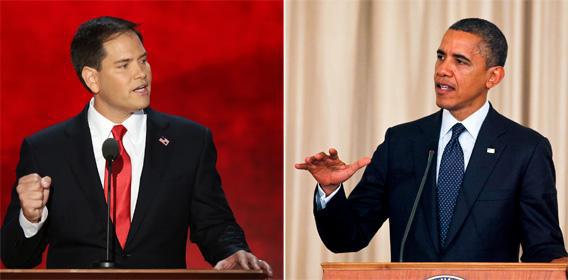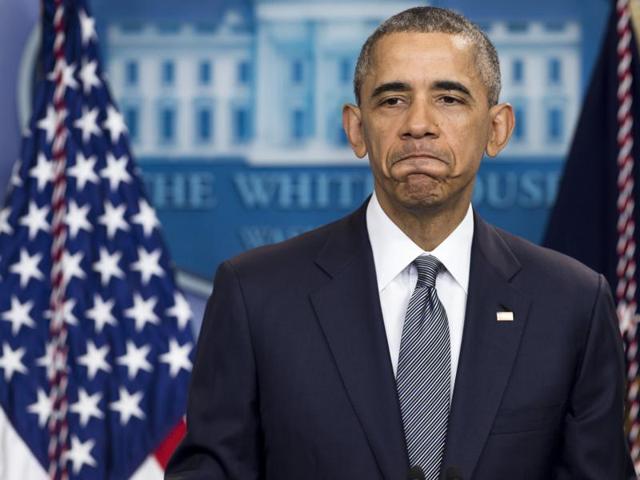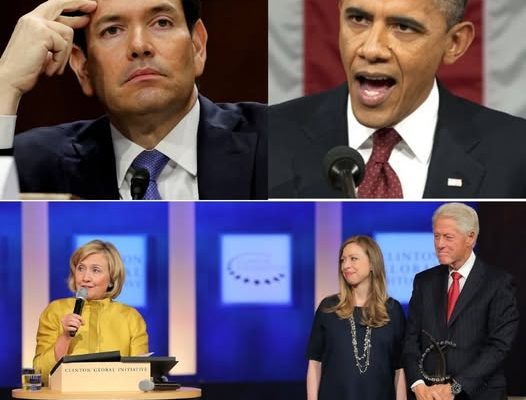Senator Rubio’s Sharp Critique of the Clinton Foundation Ignites National Debate
Senator Marco Rubio’s recent address at the Bipartisan Ethics Forum in Washington, D.C., transcended the usual political rhetoric, sparking a firestorm of national debate. His pointed remarks, focusing on the Clinton Foundation and its transparency issues, catapulted the organization back into the headlines and reignited crucial conversations about accountability in politics. This wasn’t just another political speech; it was a strategic move designed to resonate far beyond the immediate context.
A Speech That Shattered Expectations
A Forum for Dialogue, a Speech for Confrontation
The Bipartisan Ethics Forum, traditionally a platform for civil discourse and collaborative problem-solving, provided the unexpected stage for Rubio’s assertive critique. While many attendees anticipated a routine political presentation, Rubio delivered a bold challenge to the Clinton Foundation’s practices, questioning the transparency of its donations and calling for stricter scrutiny of foreign contributions. Eyewitnesses described the speech’s directness as unusually forceful for the setting.

Framing the Issue: National Integrity over Partisanship
Rubio cleverly framed his critique within a broader call for national reform, emphasizing integrity rather than partisan squabbling. This shrewd strategy positioned the issue as one affecting all Americans, transcending the typical political divides.

The Clinton Foundation: Under the Microscope Once More
The Clinton Foundation, lauded for its global health initiatives, disaster relief efforts, and educational programs, has long been embroiled in controversy. Concerns have repeatedly surfaced regarding potential conflicts of interest arising from donations, especially those originating from foreign entities, particularly during Hillary Clinton’s tenure as Secretary of State. Rubio’s speech didn’t introduce entirely new concerns, but it powerfully revived existing anxieties, pushing the foundation back into the spotlight. His forceful call for a thorough federal review underscored the urgent need for heightened transparency to rebuild public trust.
Obama’s Presence: Amplifying the Impact
The presence of former President Barack Obama in the audience added an unforeseen layer of drama. Cameras captured Obama’s attentive reaction, transforming his silent observation into a potent visual symbol. Social media erupted with speculation over his unspoken response, further amplifying the speech’s reach and impact, extending it far beyond the confines of the conference hall.

Transparency and Accountability: The Core Tenets
At its heart, Rubio’s speech championed a simple yet powerful message: organizations closely tied to political figures must adhere to the strictest standards of transparency. He deftly extended this principle beyond partisan lines, emphasizing that the imperative for ethical financial practices applies equally to foundations associated with both Democrats and Republicans. This approach resonated deeply with many, particularly given the widespread decline in public trust in political institutions.
Diverse Reactions and Interpretations
Supporters and Critics Weigh In

Analysts across the political spectrum offered diverse interpretations. Supporters lauded Rubio’s courage in directly confronting a prominent foundation, praising his emphasis on transparency and viewing the speech as a demonstration of ethical leadership. Critics, however, expressed concern that the speech’s timing and tone risked transforming a bipartisan event into a partisan battleground. Some argued that the focus on the Clinton Foundation overshadowed opportunities for constructive dialogue. Despite these differing views, almost all commentators agreed that the speech successfully reignited public interest in a long-standing debate.
The Clinton Foundation’s Defense

The Clinton Foundation, in response to the renewed scrutiny, reiterated its commitment to transparency, highlighting its published donor lists and financial disclosures. They emphasized the tangible positive impacts of their global initiatives, benefiting millions worldwide. However, skepticism from political opponents, amplified by Rubio’s speech, persists.
The Broader Implications for Rubio and American Politics
A Calculated Political Move?

Rubio’s address holds significant implications for his political future. While known for his policy focus and oratory skills, he has sometimes faced challenges in standing out within the crowded Republican landscape. This forceful stance on ethics and transparency may position him as a leading voice on governance, appealing to voters deeply concerned about integrity in politics. However, this bold move could also deepen partisan divisions, potentially hindering his ability to foster bipartisan cooperation.
Erosion of Trust in Institutions

Beyond the specifics of the speech and the Clinton Foundation, the event highlights a larger, more troubling trend: the declining public trust in American institutions. Numerous studies document a significant erosion of confidence in government, media, and political organizations over the past decade. Financial transparency is no longer merely a technical issue; it has become a crucial symbol of leadership trustworthiness for many Americans. Rubio’s remarks directly tapped into this growing sentiment, framing the debate as a matter of public accountability rather than partisan attack.
Looking Ahead: A Call for Continued Transparency
While the long-term impact of Rubio’s speech remains uncertain, it undoubtedly set the stage for future discussions. Lawmakers may face increased pressure to strengthen regulations governing charitable organizations with close ties to political figures. The speech served as a powerful reminder of the importance of oversight in a democratic system. Whether through media scrutiny, legislative action, or independent reviews, the demand for greater transparency in political finance is unlikely to diminish.
Conclusion: A Moment of Reflection
Senator Rubio’s speech at the Bipartisan Ethics Forum was more than just a critique; it was a stark reminder of the urgent need for accountability in political life. The presence of former President Obama, the palpable audience reaction, and the rapid dissemination of the speech across various media platforms amplified its impact, transforming it into a national moment of reflection. In an era marked by widespread skepticism towards institutions, the enduring message remains clear: transparency remains a fundamental cornerstone of public trust, a necessity that transcends partisan divides.



